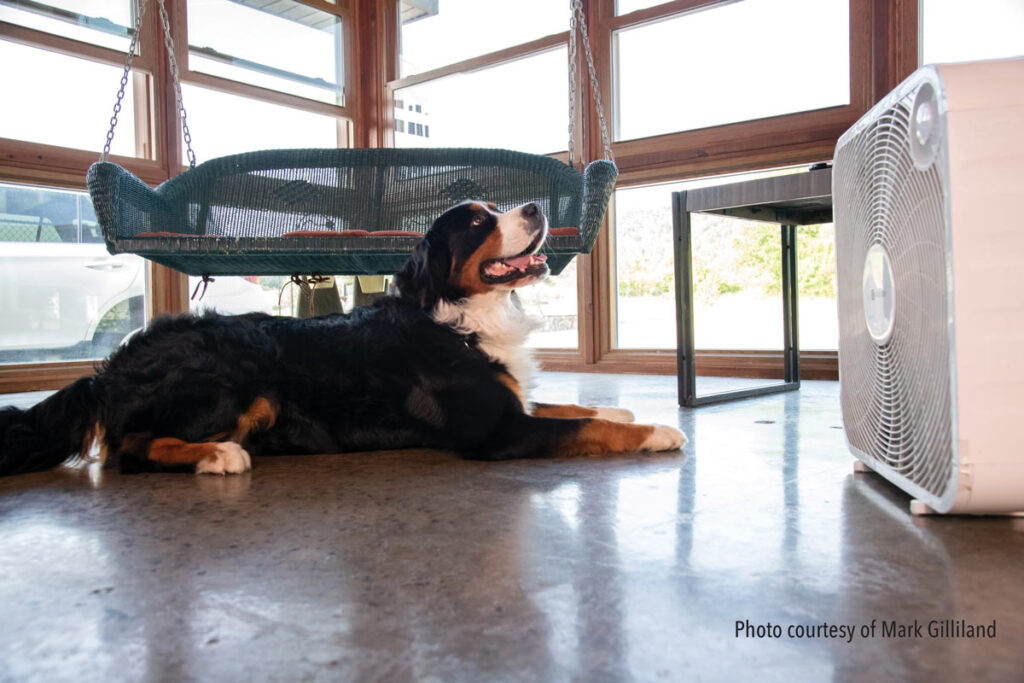My great grandparents, David and Sarah Matheson, faced tough choices. They came to the U.S. from Scotland, crossed the continent and settled in the small rural town of Parowan, Utah.
You’ve seen pictures of the covered wagon trains moving west across the plains. Well, David and Sarah walked. They pulled their worldly belongings across the plains in hand carts.
My great grandfather lost his sight from a bout with scarlet fever. The folks in Parowan provided a job to him as the janitor in the schoolhouse. Since he couldn’t see, his kids would come to the school to shovel coal into the boiler in the winter and clean the school throughout the year.
David and Sarah had a family of 13 children, and, as was common in rural America, they paired each of the kids closest in age — so one worked on the farm for a year while the other went to school. The next year, they’d switch who went to school and who worked on the farm.
My grandfather, Scott Matheson, was paired up with his brother Angus. At the end of the year when Angus had worked on the farm and my grandfather went to school, Angus suggested it would be best to give up his school opportunity so my grandfather could continue.
I think about that all the time. It must have been a difficult decision for Angus. He recognized the importance of education. He valued that chance to go to school, and he knew that each of them holding half an education could never accomplish what one of them could holding all of it. Angus was right.
My grandfather Scott was the only one of the 13 children to graduate from high school. Angus worked on the farm his whole life — a life he chose. It tells me a lot about the costs of being exceptional, what it takes sometimes to completely change your circumstances. …
We all have great stories just like that one. Our families all have examples of tough times and the hard decisions that come along with them. But we strive to do the right thing, and we’re good at doing this for a reason.
In the face of hardship, we draw on this incredible foundation laid by those who came before us — character, courage and hope. As electric cooperatives, we know we still face tough choices in rural America today.
We talk about the challenges all the time: growing demand for electricity, bad policy and regulations, undervaluing reliability, and failing to plan for the future. Yes, these are challenges, but we don’t allow them to defeat us. …
When we plan for the future, we do it with members of the community as stakeholders in leadership positions at our co-ops and in our boardrooms. With transparency, with democracy, with real concern for the community. …
Let’s acknowledge the moment we’re in. This is a chance to create real, meaningful change. Throughout the history of electric co-ops, we’ve always approached times like this with ideas and vision. With positive, constructive engagement. With authentic leadership.
When we’re faced with tough choices and we choose the communities and people we serve, when we put them first, we make an incredible difference.
Jim Matheson is the CEO of the National Rural Electric Cooperative Association. This is an excerpt from his keynote address to the nation’s electric cooperative’s during NRECA’s PowerXchange annual meeting on March 10 in Atlanta, Ga. To read the full address, click here.
Photo reprinted with permission. © National Rural Electric Cooperative Association








